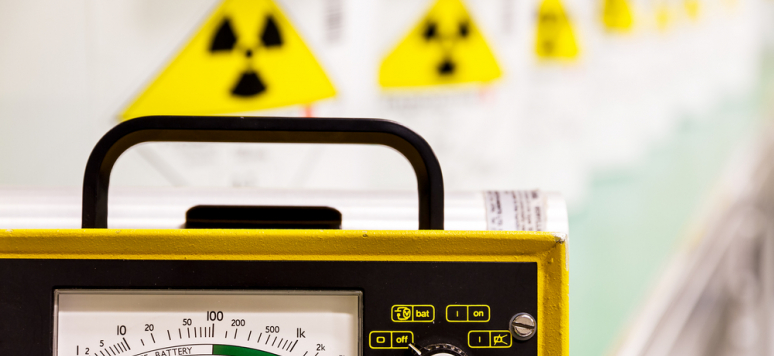Proliferation Papers - The Challenges of Maintaining Nuclear Cultures : US and UK perspectives Proliferation Papers, No. 55, January 2016

After the world entered the nuclear age, civilian and military organizations have witnessed the slow emergence of nuclear cultures, defined as the set of values and knowledge, shared among the national security community, about the relative importance of nuclear weapons in the country’s defense posture, the distinctive features of nuclear weapons in terms of security, safety and operational requirements, and the workings of deterrence.
Nuclear cultures have helped to ensure some level of coherence in policymaking and, most importantly, to maintain safe and effective deterrents. At a national level, however, each nuclear culture is confronted with significant challenges, such as generational change, decreasing levels of understanding or attention among the political and military leadership, insufficient funding or a growing inability to meet manpower requirements in both the nuclear weapons complexes and the armed forces. This paper looks at the United States and United Kingdom’s recent efforts to maintain their nuclear culture, and at the key challenges these two countries face while pursuing this aim.
